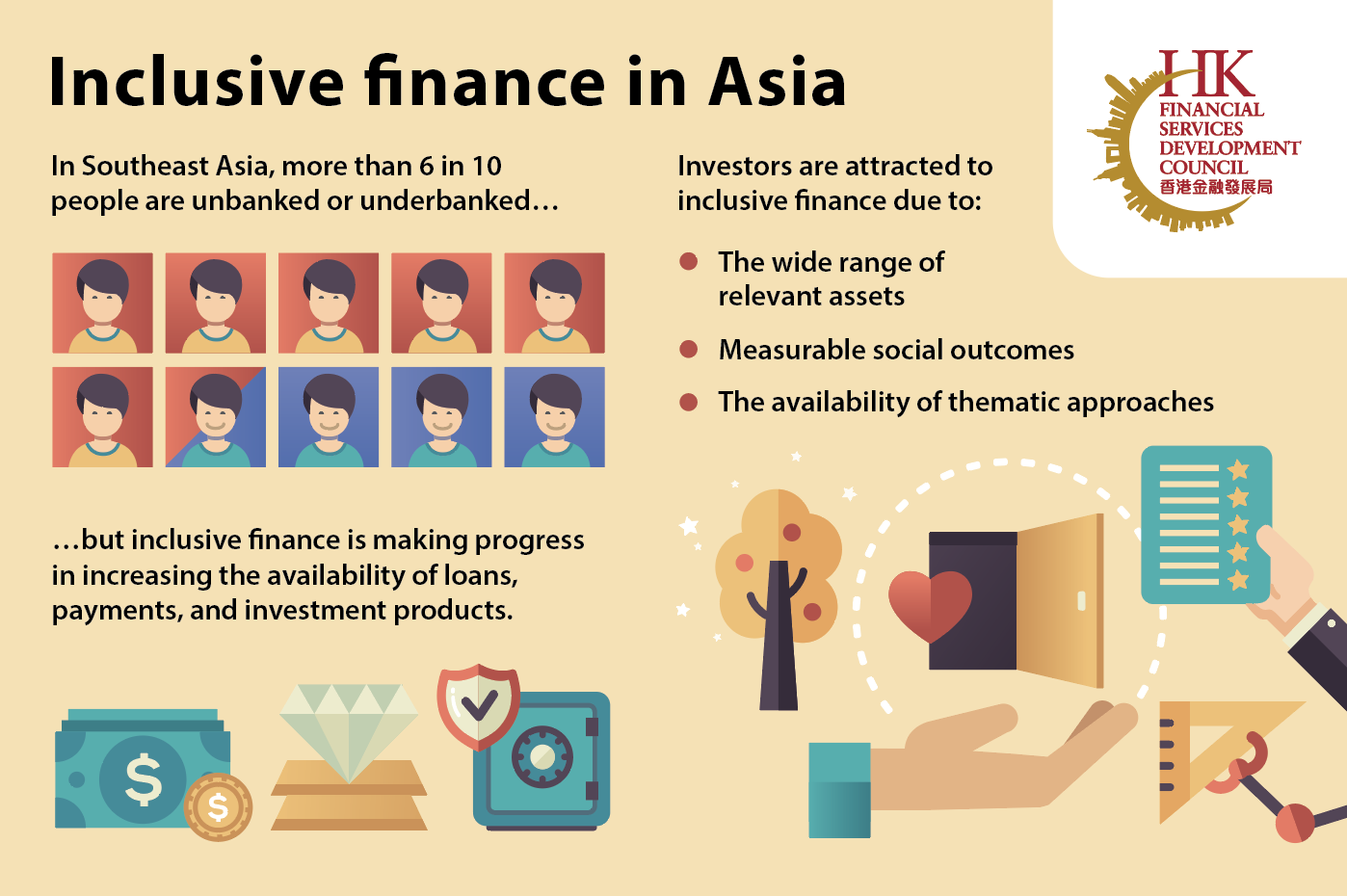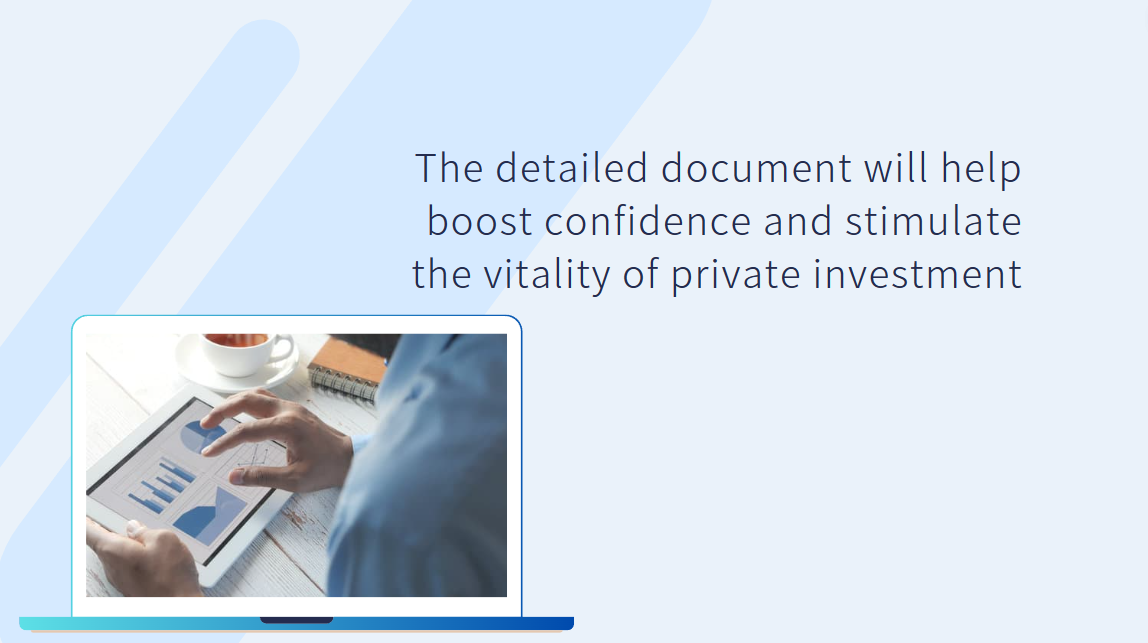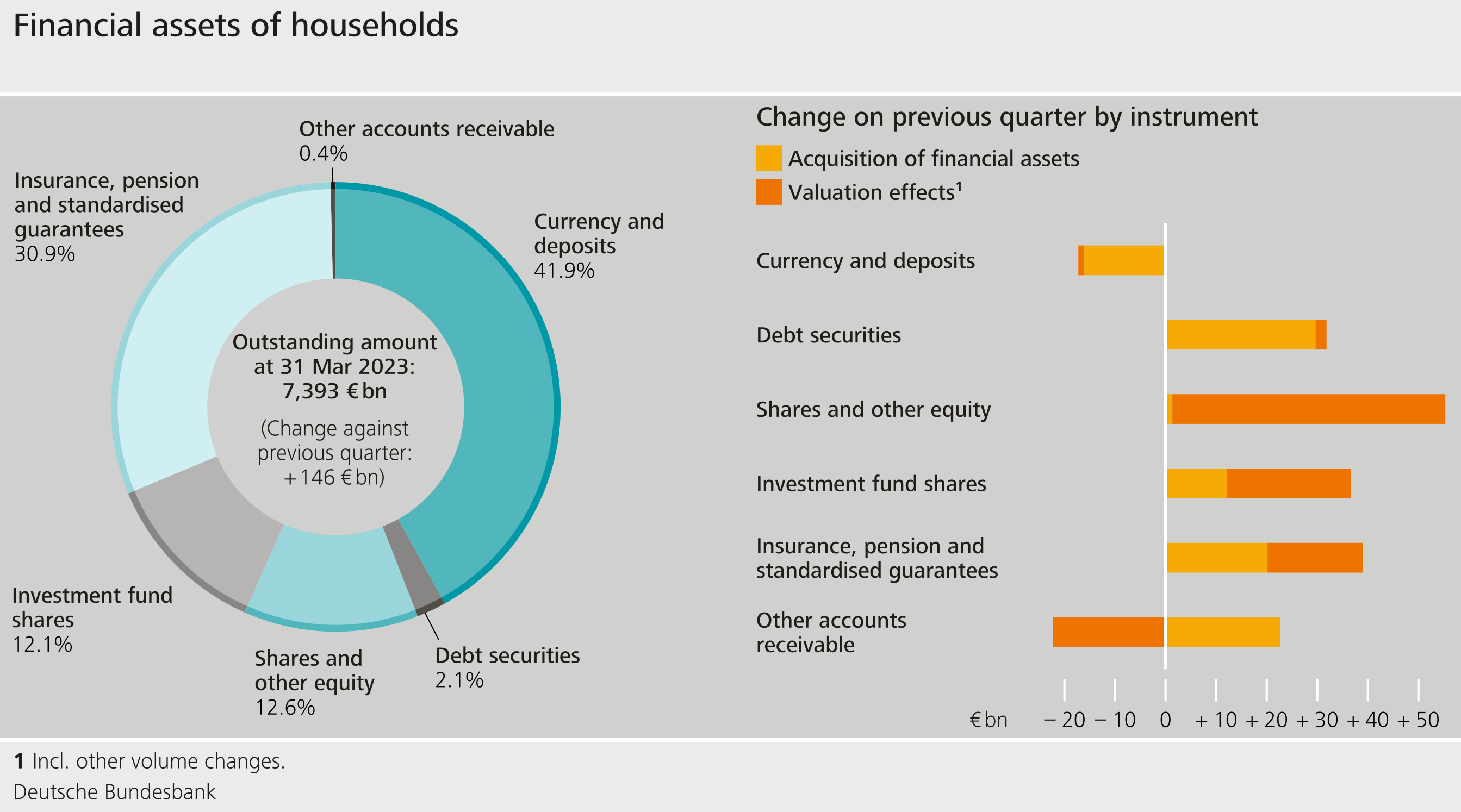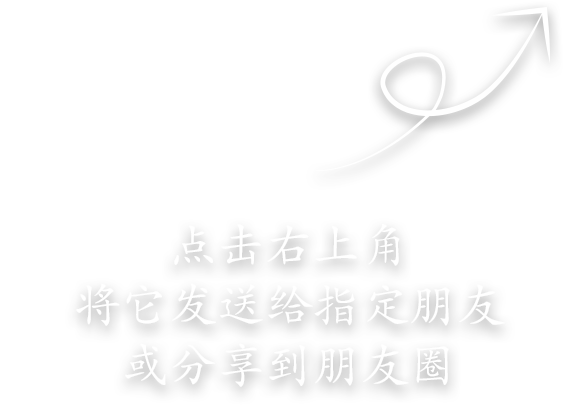SSE and SZSE jointly Issue the Implementation Measures for Evaluating the Practice of Sponsors Based on the Quality of Listed Companies
Listed companies are the cornerstone of the sustainable development of the capital market, and improving the quality of listed companies is critical to enhancing the attractiveness and vitality of the capital market and promoting the stable and healthy development of the capital market. In order to meet the needs of thefull implementation of thereform of the registration-based IPO system,strengthen the quality consciousness of sponsors, accelerate the shift of focus from meeting approval formalities to investment value, and improve the quality of listed companies from the very beginning, on July 21, SSE and SZSE jointly issued the Implementation Measures for Evaluating the Practice of Sponsors Based on the Quality of Listed Companies (for Trial Implementation) (hereinafter referred to as the “Measures”),effective as of the date of issuance.
Based on the perspectives of investors and the quality of listed companies, the Measures aims to provide a comprehensive evaluation of the quality of institutional sponsors' practice, and reflect the organic connection between the process and results of sponsors' practice. The evaluation work has the following characteristics:
First, goal-oriented and reasonable system setting. The evaluation system consists of three parts: evaluation of the quality of listed companies, evaluation of the quality of sponsorship and adjustment of evaluation scores. Among them, the evaluation of the quality of listed companies accounts for 70% when evaluating the quality of institutional sponsors, focusing on three general concerns of investors: a listed company's operating quality, market performance and corporate governance quality. The evaluation of the quality of sponsorshipaccounts for 30%, mainly on measuring the practiceconcerning the IPO projects of the sponsor, including project audit results, the quality of the disclosure of the prospectus, and the due diligence procedures of the sponsor, etc. The adjustment of the evaluation scores is not given weight when evaluating the quality of the practice of sponsors; it serves to adjust the evaluation scores in accordance with the project risks and practice risks. Overall, the evaluation system is designed to stress the key points and provide clear guidance, and the evaluation indicators selected are scientific, objective and highly operational.
Second, “one-vote veto” for major violations. According to the evaluation scores, the sponsors may be divided into three categories: A, B and C. In order to strengthen the punishment of major violations, a institutional sponsor against which a case has been put on record by competent authority during the evaluation year for major violations such as the fraudulent issuance of the issuer or financial fraud within three years of listing will be rated with a C in accordance with the principle of “life-long accountability”. In addition, if it is determined by relevant authorities that the sponsor and its staff have engaged in bribery in the field of issuance and listing, the sponsor will also be directly ratedwith aC.
Third, it adopts classified regulatory measures to strengthen the constraints on sponsors. SSE and SZSE will, according to the evaluation results of sponsors, adopt classified regulatory measures to increase or reduce the proportion of non-problem-oriented on-site supervision for the IPO projects under review of sponsors. Among them, if a sponsor is rated with a C for three consecutive times, in principle, all of its IPO sponsorship projects will be subject to on-site supervision or problem-oriented on-site inspection in accordance with relevant rules and regulations.
Fourth, it sets up a reasonable transitional period to facilitate market preparation. The evaluation of the practice quality of sponsors based on the quality of listed companies is a new regulatory system. In order to enable all parties to make adequate preparations, the Measures has set a one-year transitional period for evaluation. Within one year from the date of implementation of the Measures, the evaluation results will not be released to the public and will not be used as the basis for classified regulation.
In the early stage, in the process of formulating the Measures, the relevant departments have listened to the opinions of securities companies and institutional investors in depth and extensively through various means including writing, interviews, and researches. Market entities fully affirmed the evaluation work, and at the same time put forward suggestions for improvement based on their own practices. After conducting researches, we made some adjustments to the contents of the Measures from perspectives of the transitional period, the inclusiveness for unprofitable enterprises, indicator settings and weighting settings.
Next, SSE and SZSE will do a good job inpromoting, interpreting and implementing the Measures, reflect on the effect of the implementation of the Measures in due course, optimize the evaluation arrangement in a timely manner, and guide all parties to strengthen the quality awareness,so as to improve the quality of listed companies, and enhance investors' sense of gain and the protection of their rights and interests.






















































First, please LoginComment After ~